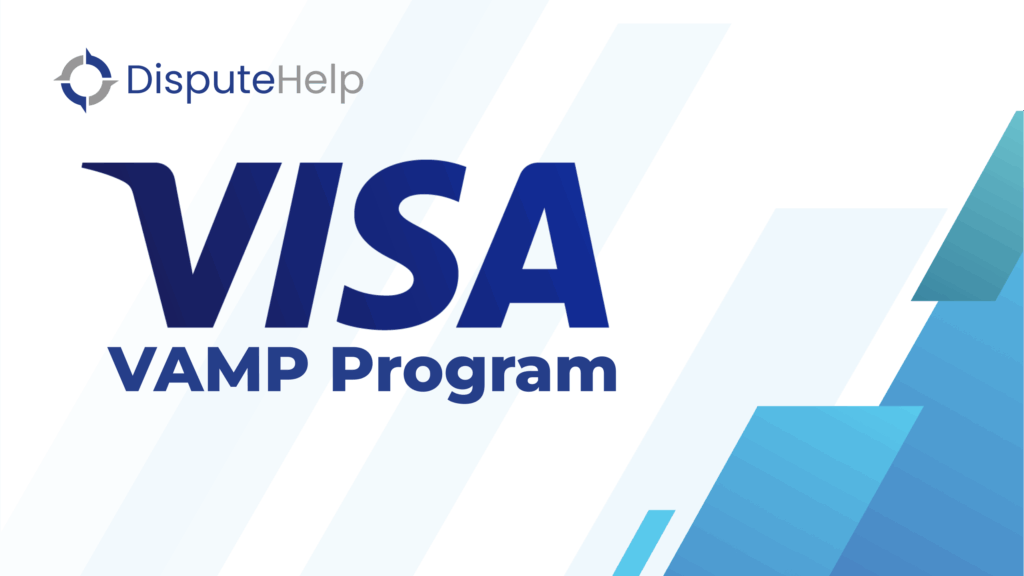The Role of Alerts in Risk-First Operations
For MSPs, waiting for a chargeback to occur before taking action is no longer viable. Risk-first strategies require early intervention—and that’s exactly where Ethoca Alerts shine. Delivered in near real time, these alerts give MSPs a window of opportunity to resolve cardholder issues before they result in formal chargebacks.
While Ethoca Alerts, Verifi CDRN, and Visa RDR all support pre-chargeback resolution through issuer-initiated processes, each operates with slightly different characteristics. Ethoca Alerts are widely valued for their international reach and network-agnostic compatibility, making them especially useful for MSPs managing global merchant portfolios. Compared to CDRN, Ethoca Alerts may offer a shorter resolution window, but both deliver rapid notifications that help merchants act quickly to prevent chargebacks.
Compared to downstream tactics like representment, alerts represent a shift in strategy—from defending against chargebacks to preventing them outright. This mindset shift is essential for providers who want to build scalable, compliant, and competitive risk infrastructures.
How Ethoca Alerts Function Behind the Scenes
Here’s how the process plays out in practice. A cardholder contacts their bank with a transaction inquiry. Rather than immediately initiating a chargeback, the issuer sends a real-time alert through the Ethoca network. DisputeHelp receives that alert and routes it to the appropriate MSP account, identifying the transaction and merchant in question.
At that point, the MSP (or merchant, depending on configuration) can choose to refund the transaction or address the issue directly, before the chargeback ever posts.
Speed matters. Ethoca Alerts are usually delivered within hours—and in some cases, within minutes—of the cardholder’s first interaction with their bank. That early signal gives MSPs the chance to trigger refund automation, halt fulfillment, or open communication with the cardholder, effectively closing the loop before a dispute becomes official.
Unlike representment, which requires structured rebuttals, compelling evidence, and multi-week review cycles, Ethoca Alerts are designed to simplify the process. The alert itself is the opportunity. Action taken immediately leads to resolution, with no additional documentation required.
Portfolio Impact: Reducing Exposure Across Thousands of Merchants
For providers managing thousands of merchant accounts, the upstream impact of early alerts is significant. Every avoided chargeback translates into reduced liability, cleaner portfolio metrics, and fewer operational costs.
Each avoided chargeback means one less fee, one less dispute on record, and one less interruption in a merchant’s processing lifecycle. When prevention happens upstream, those benefits don’t just stack—they compound across your entire portfolio.
Ethoca Alerts also help keep dispute ratios within acceptable bounds, reducing the likelihood of triggering enforcement actions or enrollment in network monitoring programs. For high-risk verticals like online dating, adult entertainment, and nutraceuticals, this can be the difference between scale and shutdown.
And there’s an internal benefit too: less time spent manually managing chargebacks, and more time spent scaling merchant acquisition and support.
Merchant Expectations and MSP Differentiation
It’s not just about internal operations anymore. Merchants now expect that their service provider is offering proven solutions like Ethoca Alerts. The rise in first-party fraud and growing cardholder familiarity with instant refunds has pushed expectations upward.
MSPs that don’t offer early alerts risk looking outdated. Worse, they may struggle to retain high-risk or high-volume merchants who actively seek out providers with better dispute prevention options.
DisputeHelp’s white-label capability solves this. MSPs can offer Ethoca Alerts under their own brand, integrating them into a broader promise of proactive risk management. This positions the provider not just as a payments partner, but as a strategic extension of the merchant’s fraud and operations team.
Ready to Deploy Alerts at Scale?
With DisputeHelp’s RESOLVE platform, you gain direct integration into the Ethoca network, full automation capabilities, and the ability to roll out alerts portfolio-wide.
Next Steps: Integrate Alerts Into Your Risk Strategy
If you’re ready to turn Ethoca Alerts into a competitive advantage, we’re here to help. Whether you’re managing one thousand merchants or ten thousand, DisputeHelp provides the automation and white-label capabilities needed to deploy alerts portfolio-wide. Reach out to our team and find out how our platform can support your risk strategy.
Why DisputeHelp?
DisputeHelp offers unmatched support for Ethoca Alerts, Verifi CDRN, Visa RDR, and Mastercom Collaboration, all from a single integration point. Our platform and partner solutions are designed for scalability, regulatory alignment, and portfolio-wide resolution. MSPs can offer merchant-facing solutions under their own brand, while we handle the complexity behind the scenes.
FAQs: Strategic Benefits of Ethoca Alerts in Risk Management
How fast do Ethoca Alerts arrive after a dispute is initiated?
Typically within minutes to a few hours of the cardholder’s inquiry. This gives MSPs a clear advantage in resolving issues before chargebacks are filed.
What types of transactions can Ethoca Alerts help with?
Primarily eCommerce credit-card transactions. They’re especially effective in industries with high volumes of first-party fraud, like retail, digital goods, and subscription services.
Do merchants need to respond to every alert manually?
No. DisputeHelp’s RESOLVE platform enables automated refund workflows based on preset rules, so resolution doesn’t depend on manual effort.
How do Ethoca Alerts impact portfolio-wide chargeback ratios?
They reduce them significantly. Alerts catch disputes early, shrinking chargeback volume and helping MSPs stay well below enforcement thresholds.
Can Ethoca Alerts be branded under our own MSP offering?
Not directly. Ethoca Alerts is a branded product and cannot be white-labeled. However, the DisputeHelp platform that delivers Ethoca Alerts to your merchant portfolio is fully white-label compatible. That means you can present the overall solution, including the portal and support tools, under your own MSP brand.



